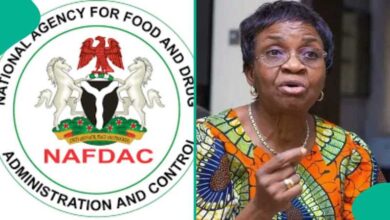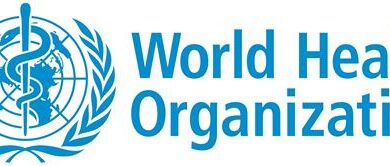Gov. Soludo Urges Residents To Make Regular Health Checks A Lifestyle

Governor Chukwuma Soludo of Anambra State
Governor Chukwuma Soludo of Anambra State, on Wednesday urged residents to make regular health checks a lifestyle to prevent silent killers diseases and extend their life span.
Soludo, who was represented by his Chief of Staff, Mr Ernest Ezeajughi, said this at the flag off of ‘Solution Know Your Numbers: Prevent Silent Killers, Extend Your Life Span’, at Enugwu-Ukwu General Hospital, Njikoka Local Government Area of Anambra.
He said that the free health checks was in furtherance of his administration’s quest to ensure health coverage for all residents and healthier and liveable Anambra.
“Our administration’s commitment to sustainable healthcare and universal health coverage is unshaken, hence we are flagging off today’s programme.
“There are a lot of individuals in our state who do not know their health status and are not engaged in activities to improve their well-being.
“Poor state of health is a significant hindrance to achieving our life dreams and ambitions. So, we urged residents to take advantage of this free medical screening taking place at all the 36 general hospitals in the state,” he said.
The Governor said that medical personnel had been recruited to attend to patients and manage the health of residents.
Also speaking, the state’s Commissioner for Health, Dr Afam Obidike said that Non Communicable Diseases (NCDs), such as diabetes, hypertension, obesity, cardiac arrest and others, were silent killers that should be given attention.
Obidike said there was no baseline data in the country to guide government and her implementing partners in designing public interventions in NCDs.
According to him, the prevalence of hypertension alone in South East Nigeria is 53 per cent according to ‘Removing the Mask On Hypertension’ Study of
2019.
“Nothing will dispute the fact that each and everyone of us have had friends and relatives who suffer sudden collapse, death and other health complications.
“These complications can result from undiagnosed or poorly managed diabetes, hypertension, obesity, cardiac arrest, and other NCDs.
“These diseases results from a combination of genetic, physiological, environmental, behavioural and social factors.
“Unfortunately, there is no cure for many NCDs but they can be well controlled and managed with early detection, right treatment and follow-ups,” Obidike said.
The Commissioner said that data collection from the free health checks would form the basis for the generation of the state specific data for future planning and interventions in NCDs.
In his remarks, Dr Adamu Abdulnasir, state Coordinator, World Health Organisation, urged residents to avoid smoking, reduce alcohol intake, drink more water, do regular exercises and other lifestyle modifications.
Beneficiaries, numbering over 200 had checks to verify their HIV status, blood pressure, blood sugar level and Body Mass Index




